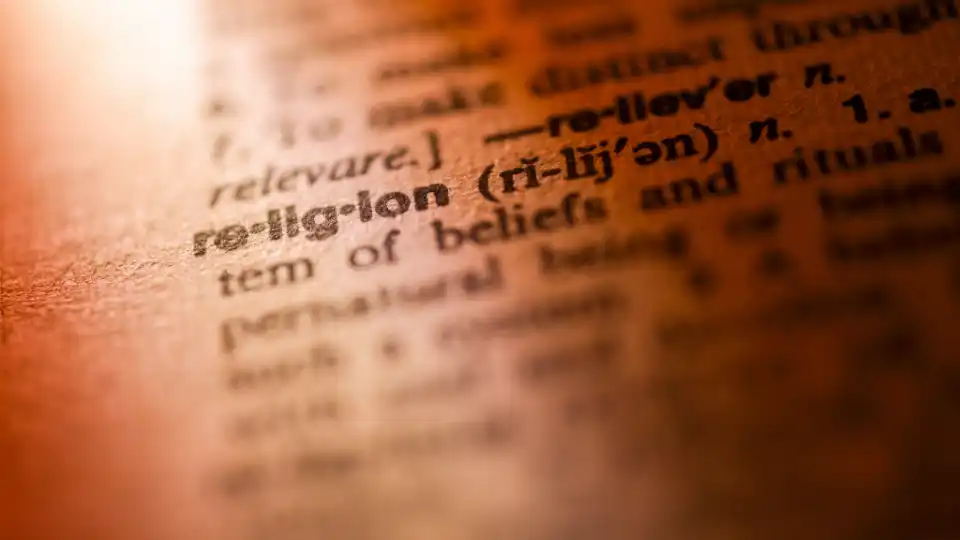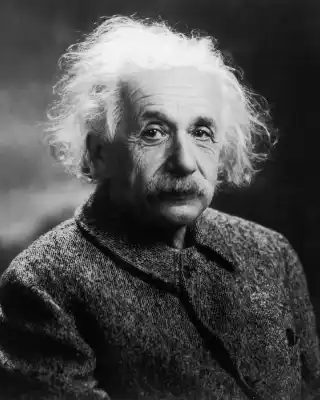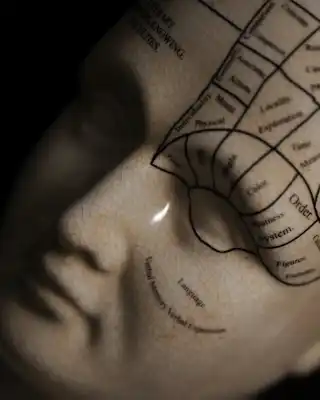Loading
What Is Religion?

Albert Einstein's writings reveal a nuanced perspective on religion, distinguishing between various stages of religious thinking. For Einstein, religion goes beyond an acknowledgement of human limitations; it is a devotion to something greater than the self. He views great moral teachers as artistic geniuses in the art of living, suggesting that religiosity is not just a stated belief but an inseparable part of how one perceives and lives life. Religion, according to Einstein, is meant to be lived and demonstrated rather than merely professed as an idea.
Careful reflection may illuminate the inherent challenge of understanding the true reality of others, highlighting the limitations of relying solely on observable behaviours to infer internal states. Drawing upon René Descartes' philosophical distinction between mind and body works underscores the impossibility of directly observing the thoughts and emotions of others. In religious contexts, where external practices may not necessarily indicate deep spiritual connection, this suggests that mysticism offers a path beyond behavioural aspects of religion.
Mythology, spanning cultures and centuries, remains deeply ingrained in human society, offering insights into the human condition across time. Joseph Campbell posits that myths guide individuals through life's trials, suggesting their enduring relevance. Sigmund Freud proposes that mythology mirrors psychological processes, transforming metaphysics into metapsychology. Examining the Greek myth of Perseus and Medusa through a psychological lens reveals it as an internal journey of confronting personal demons. Just as Perseus avoids direct confrontation with Medusa, individuals must face inner turmoil with introspection and courage. Freud's notion of dreamwork parallels Perseus's indirect encounter with Medusa, suggesting that symbols and metaphors illuminate subconscious aspects. Yet, acknowledging and overcoming personal demons require more than intellectual understanding; it demands experiential confrontation. Mythological tales, such as the Jewish legend of Pardes, caution against ignorance of inner challenges. Embracing the journey, akin to Perseus's quest, allows individuals to craft their mythology, but heedlessness risks profound harm. Thus, mythology underscores the importance of wisdom and humility in confronting one's fears.
The stories of Oedipus and Michael Corleone from 'The Godfather' contain parallels in the protagonist's attempts to avoid a prophesied or envisioned fate, only to inadvertently fulfil it. However, their denials lead them to become enmeshed in the very outcomes they sought to avoid, suggesting a deep psychical conflict and a tendency for the denied aspects of oneself to shape one's life. As such, we can see such stories as demonstrating the importance of confronting and acknowledging undesirable aspects of oneself to prevent them from influencing our life in unexpected ways.




